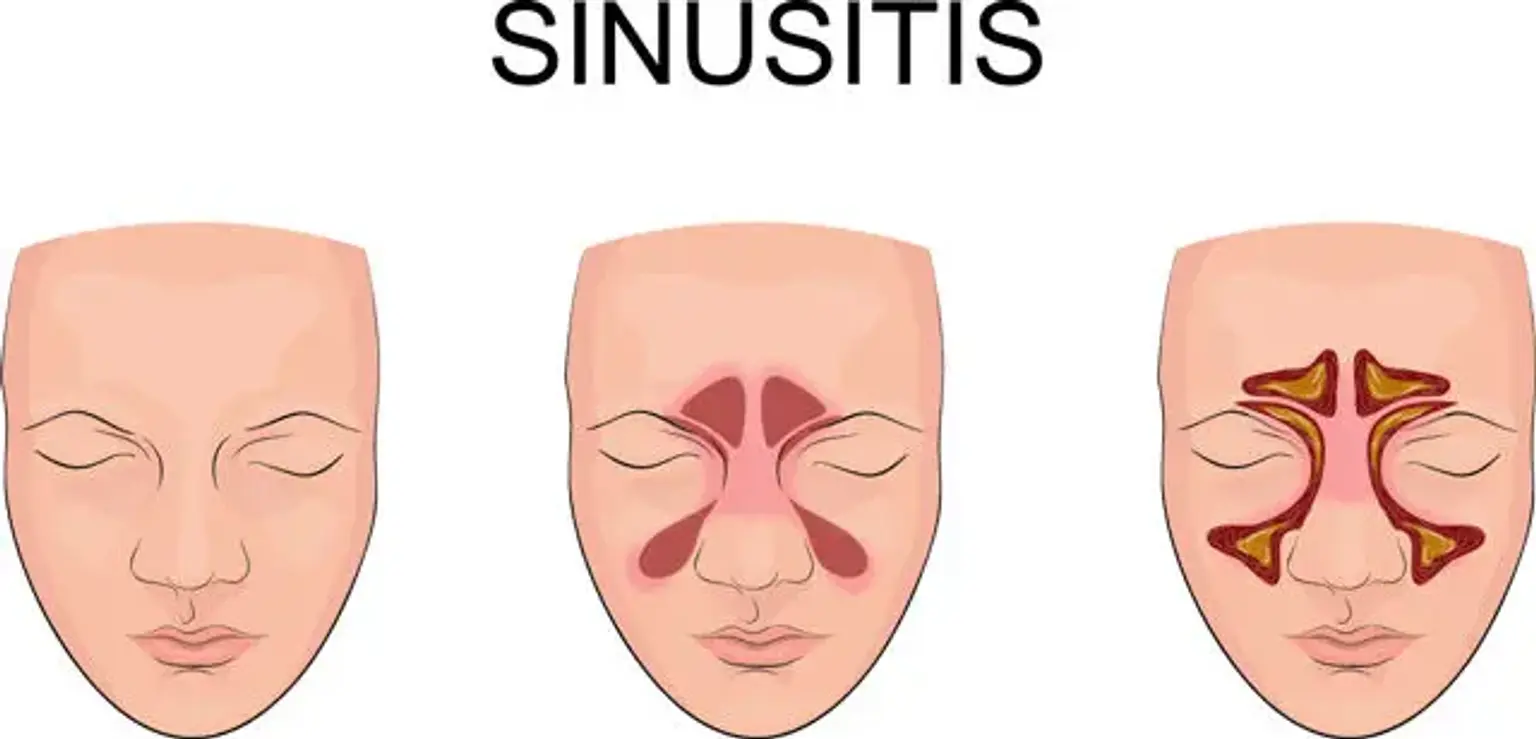Sinusitis
Sinusitis is a condition in which the tissue lining the sinuses becomes inflamed or swollen. The sinuses comprise four pairs of cavities or the spaces within the head, including frontal, maxillary, ethmoid, and sphenoid sinus. A network of narrow channels links them. Sinuses produce thin mucus that drains through the nose's channels. This drainage maintains the nose clean and bacteria-free.
The sinuses, which are normally filled with air, may become blocked or filled with fluid. As a result, bacteria will develop and lead to an infection (bacterial sinusitis). Rhinosinusitis is another name for this condition, with “rhino” referring to the nose. When sinus tissue is inflamed, the nasal tissue usually swells.
